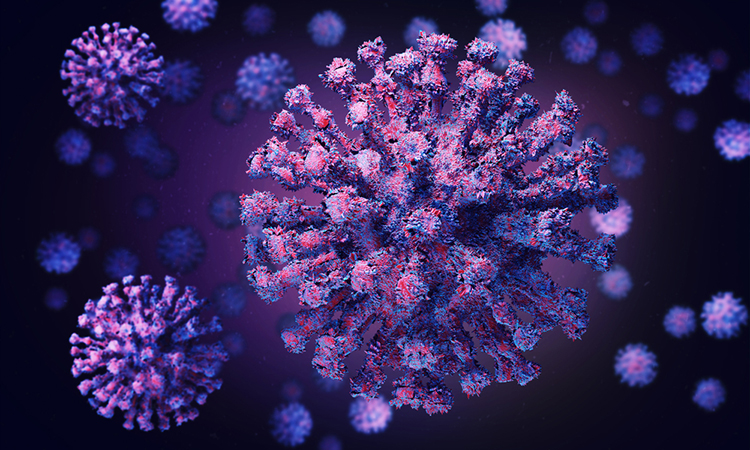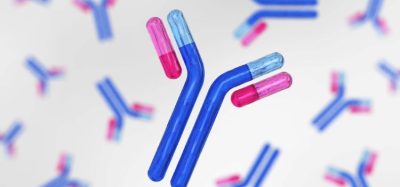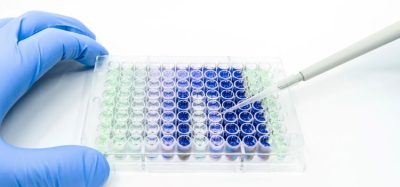Lopinavir-ritonavir not an effective treatment for COVID-19, study shows
Posted: 6 October 2020 | Victoria Rees (European Pharmaceutical Review) | 1 comment
A clinical trial in the UK has shown that lopinavir-ritonavir is not an effective treatment for patients admitted to hospital with COVID-19.


New research has shown that the drug combination lopinavir-ritonavir is not an effective treatment for patients admitted to hospital with COVID-19.
According to the scientists, many clinical care guidelines have recommended lopinavir-ritonavir – an antiviral medication approved to treat HIV/AIDS – for the treatment of patients hospitalised with COVID-19. However, these guidelines should now be updated, authors say.
The Randomised Evaluation of COVid-19 thERapY (RECOVERY) trial, under way at 176 UK hospitals, is the first large-scale randomised clinical trial to report the effects of lopinavir-ritonavir in patients admitted to hospital with COVID-19.
Professor Martin Landray from the University of Oxford, UK, who co-leads the RECOVERY trial, said: “Treatment of COVID-19 with the drug combination lopinavir-ritonavir has been recommended in many countries. However, results from this trial show that it is not an effective treatment for patients admitted to hospital with COVID-19. Since our preliminary results were made public on 29 June 2020, the World Health Organization (WHO) has halted lopinavir-ritonavir treatment groups involved in its SOLIDARITY trial and reported that their interim results are in line with those presented here.”
Between 19 March and 29 June, 1,616 patients in the RECOVERY trial were randomised to receive lopinavir-ritonavir while 3,424 patients received usual care alone. Those on lopinavir-ritonavir received 400mg of lopinavir and 100mg of ritonavir by mouth every 12 hours for 10 days or until discharge, if sooner. The primary outcome was 28-day all-cause mortality.
Findings from the trial indicate that using lopinavir-ritonavir to treat patients hospitalised with COVID-19 does not reduce deaths within 28 days of treatment beginning. Twenty-three percent of patients who received lopinavir-ritonavir and 22 percent allocated to usual care died within 28 days.
Professor Peter Horby, from the University of Oxford, co-Chief Investigator of the RECOVERY trial, said: “The result from the RECOVERY trial is clear. When combined with findings from an earlier, smaller trial and with the WHO interim results, this provides strong evidence that lopinavir-ritonavir is not an effective treatment for patients hospitalised with COVID-19. While it is disappointing that there was no significant benefit from lopinavir-ritonavir for patients in hospital, these findings have allowed us to focus our efforts on other promising treatments, and have informed the way in which individual patients are treated.”
The authors also found that lopinavir-ritonavir did not reduce the length of patients’ hospital stay, compared to those receiving usual care. Both groups had a median stay of 11 days. Also, no significant difference was observed in the risk of needing to be placed on a ventilator.
Results were consistent across all patient subgroups – including age, sex and ethnicity – with no evidence of any benefit from lopinavir-ritonavir treatment.
Overall, the researchers say that the results from the large-scale RECOVERY clinical trial – combined with findings from an earlier, smaller trial and with the WHO interim results – provide strong evidence that lopinavir-ritonavir is not an effective treatment for patients hospitalised with COVID-19, and clinical care guidelines should be updated accordingly.
The results are published in The Lancet.
Related topics
Clinical Development, Clinical Trials, Drug Development, Drug Safety, QA/QC, Research & Development (R&D)










Thanks for this information. Really important and useful information you have shared. I remember that how badly Delta wave of covid affected India. And most of the doctors were recommending Lopinavir-ritonavir for COVID treatment in India. There was a huge shortage of Lopinavir-ritonavir but somehow we managed to order it from Magicine Pharma